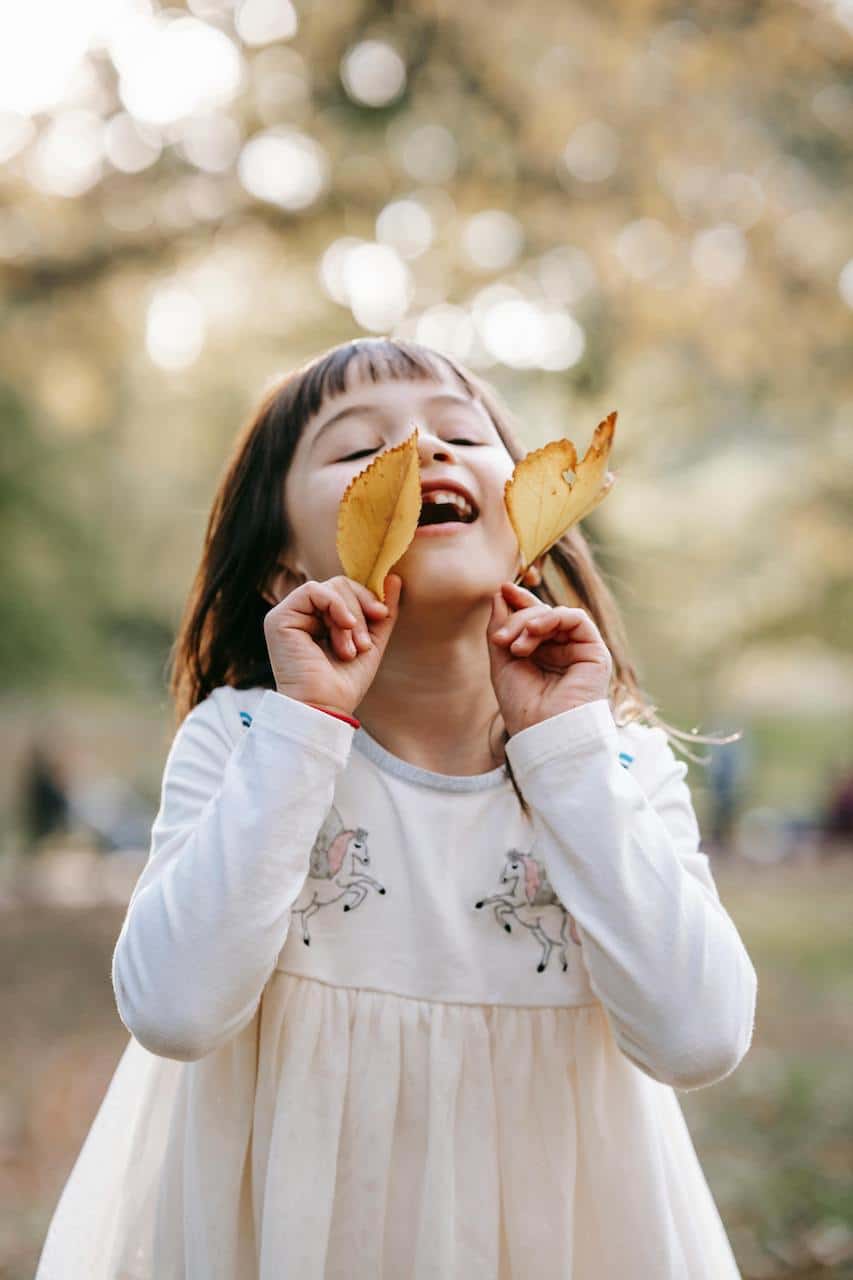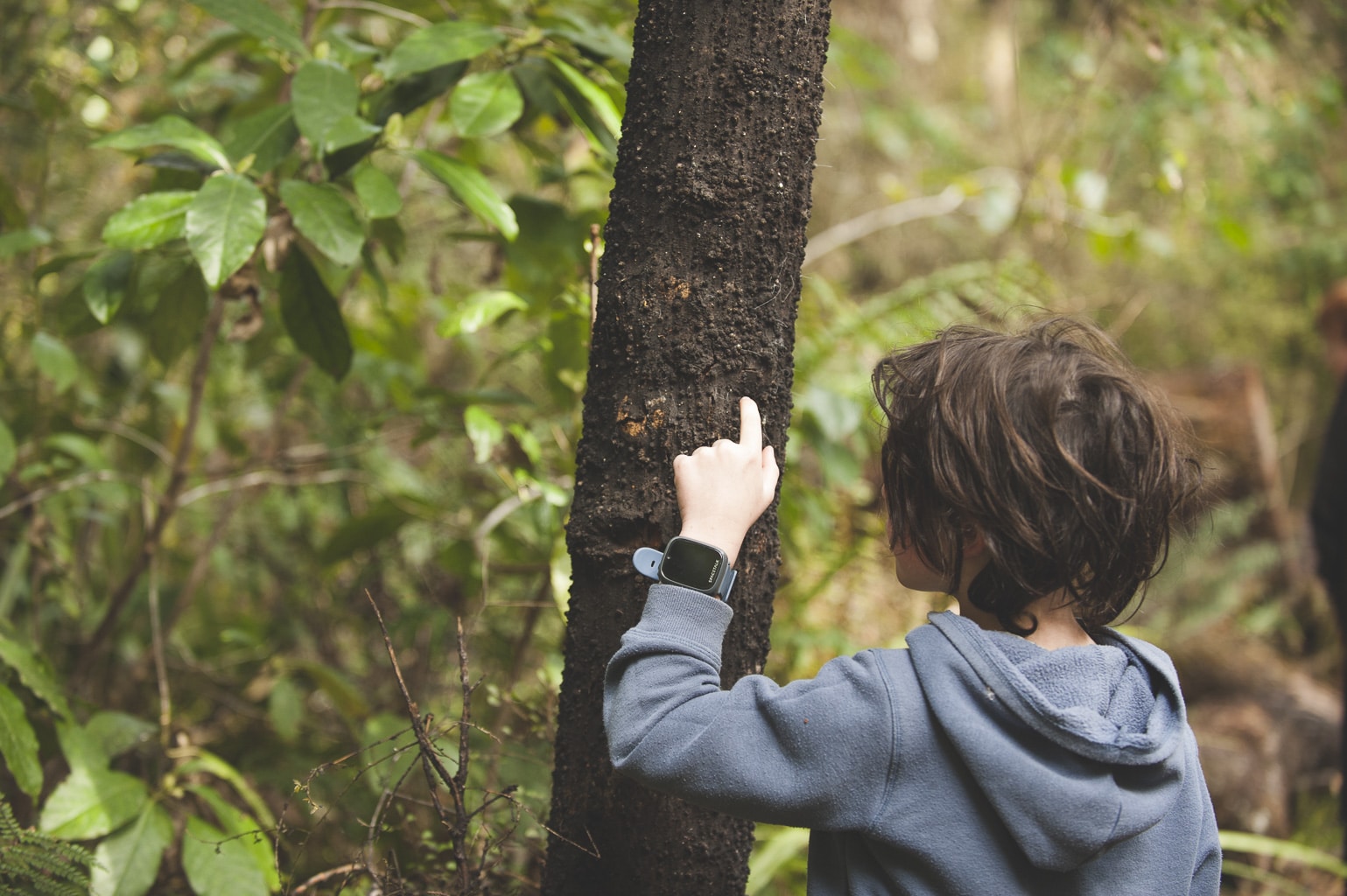Hello, parents and nature lovers! 🌳 If you’ve ever felt a twinge of anxiety watching your child play outside and get covered in mud, don’t worry! Getting dirty outdoors is more than just a fun, messy experience; it’s incredibly beneficial for kids. Let’s explore why letting your little ones embrace the dirt and nature is so good for their development.
1. Boosts Physical Health
Playing outside and getting dirty is a natural way for kids to stay active and healthy.
Why It Matters:
- Exercise: Outdoor play involves running, climbing, digging, and jumping, which are great forms of physical exercise. According to the Centers for Disease Control and Prevention (CDC), children need at least 60 minutes of physical activity each day, and unstructured outdoor play is a fantastic way to achieve this.
- Immune System: Exposure to various microbes in the soil helps strengthen the immune system. A study published in the Journal of Allergy and Clinical Immunology found that early exposure to diverse microbes can reduce the risk of allergies and asthma.
2. Fosters Cognitive Development
Engaging with nature and getting dirty can stimulate cognitive growth and creativity in children.
Why It Matters:
- Problem-Solving Skills: When kids interact with natural environments, they encounter various challenges, such as navigating uneven terrain or figuring out how to build a fort. This helps develop their problem-solving and critical thinking skills.
- Creativity: Nature provides a rich, unstructured environment that encourages imaginative play. A 2022 study in Frontiers in Psychology showed that children who spend time in natural settings exhibit higher levels of creativity and problem-solving abilities.
3. Enhances Emotional Well-being
Playing outside and getting dirty contributes positively to a child’s emotional and mental health.
Why It Matters:
- Stress Relief: Outdoor play helps reduce stress and anxiety. According to research from the University of Exeter, spending time in natural environments can lower levels of the stress hormone cortisol and improve overall mood.
- Emotional Resilience: Experiencing the ups and downs of outdoor play, such as dealing with getting muddy or wet, helps children build emotional resilience and adaptability.
4. Encourages Social Skills
Outdoor play often involves interacting with peers, which helps develop essential social skills.
Why It Matters:
- Teamwork: Activities like building a sandcastle or organizing a game require teamwork and cooperation. A 2023 study in the Journal of Child Psychology and Psychiatry highlighted that collaborative play improves communication skills and the ability to work effectively with others.
- Conflict Resolution: Outdoor play can present opportunities for children to negotiate, resolve conflicts, and practice empathy. These experiences are crucial for developing strong social and interpersonal skills.
5. Promotes Sensory Development
Getting dirty and exploring different textures provides valuable sensory experiences for young children.
Why It Matters:
- Sensory Exploration: Playing in the dirt allows children to explore various textures and sensations, which is important for sensory development. A 2022 study in Early Childhood Research Quarterly found that sensory play supports the development of fine motor skills and sensory processing abilities.
- Environmental Awareness: Engaging with natural elements helps children develop a deeper understanding and appreciation of their environment. This can foster a lifelong connection with nature.
6. Strengthens Physical Coordination and Motor Skills
Outdoor play that involves physical activities helps improve coordination and motor skills.
Why It Matters:
- Gross Motor Skills: Activities like climbing, jumping, and digging enhance gross motor skills. The American Academy of Pediatrics notes that such physical activities are crucial for developing strength, balance, and coordination.
- Fine Motor Skills: Handling small objects like sticks or stones helps develop fine motor skills and hand-eye coordination.
7. Builds a Sense of Independence and Confidence
Exploring and playing outside encourages independence and self-confidence in children.
Why It Matters:
- Self-Efficacy: Completing outdoor challenges, like building a fort or finding interesting rocks, boosts children’s confidence in their abilities. A 2023 study published in Child Development found that outdoor exploration fosters a sense of accomplishment and self-efficacy.
- Decision-Making: Outdoor play allows children to make decisions and solve problems on their own, which contributes to their sense of independence and self-reliance.
In Summary
Letting kids get dirty outside is more than just an opportunity for fun; it’s a crucial aspect of their development. From boosting physical health and cognitive skills to enhancing emotional well-being and social abilities, outdoor play provides a wealth of benefits. So, the next time your child comes in covered in mud, remember that they’re not just playing—they’re learning, growing, and thriving in ways that are fundamental to their development. Embrace the mess and encourage outdoor adventures, because the great outdoors offers invaluable experiences that support their overall well-being. 🌟🌿👧👦







One Response
Yes! My kids love getting dirty while playing outside! Nothing better than getting dirty in puddles then coming in for a hot bath and hot lunch <3